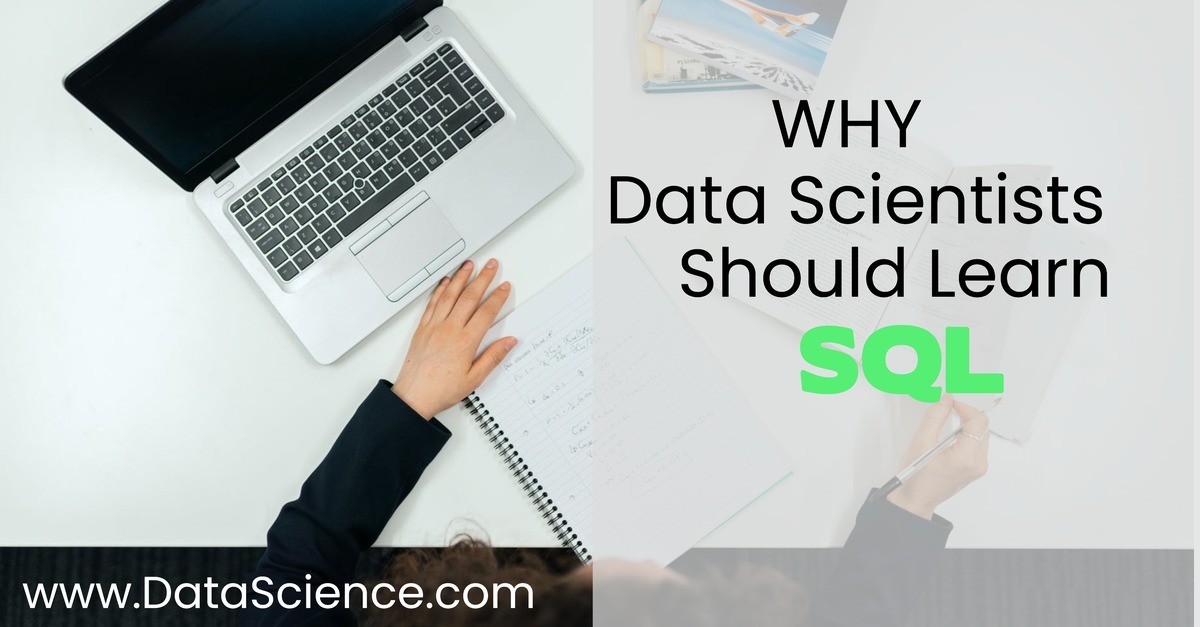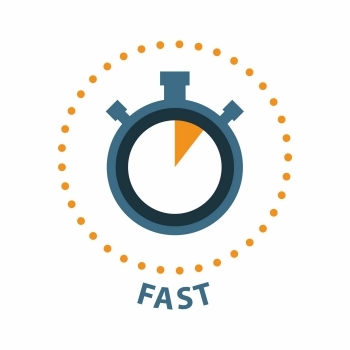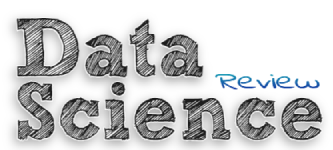SQL is short for Structured Query Language. It was developed in the 1980s to help database programmers work with database content. While databases existed before SQL, working with them required database programmers to use disparate, and often proprietary methods.
Most data scientists focus on learning Python or R, as these are the two dominant languages in the data science space. In this article, I will explain why data scientists need to learn SQL programming.

Note: this article will not be discussing how SQL works or how to program in it. There are plenty of resources that can help you learn this, and I will include one of the best below.
Site owner may receive a commission for purchase made through the links on this page.
Businesses Overwhelmingly Use SQL
Databases have not gone away, and there seems to be no indication that will happen anytime soon. Therefore, the demand for SQL will remain strong for years. If databases were on their way out, it wouldn’t happen all at once. It would take companies several years to migrate, based on compliance issues alone.
SQL Is Fast
If you’ve ever worked with R and Python, they’re not the fastest languages to use. In fact, they’re quite slow. They have their uses and are powerful for what they do. Certainly, efforts have been made by many to speed these languages up, but there is only so much optimization that can be achieved.
A well-optimized relational database, on the other hand, is wickedly fast.

Most workhorse databases (Oracle, SQL Server, etc.) are built for fast retrieval. That is the reason they have lasted (and will continue to last) for several years.
SQL Can Handle Big Data
Need to access millions of rows at a time? It’s no trouble at all for a database engine to handle this request. Try that with R or Python, and you’ll soon recognize why relational databases are sticking around.

Big data is a complicated issue, and some believe that SQL cannot handle the current requirements. Developers will need to redesign SQL to use big data properly (like using Spark or Hadoop). But SQL can still be used to access and manipulate the data.
https://searchdatamanagement.techtarget.com/blog/The-Wondrous-World-of-Data/Big-Data-Myth-3-Big-Data-is-Too-Big-for-SQL
Caveat: not all relational databases that use SQL are created equal. No one should expect Microsoft Access to work as efficiently as the larger-scale systems like Oracle and SQL Server. Access is quite limited when compared to these higher-end systems. This goes beyond the scope of the purpose of MS Access.
SQL Is Easy to Learn
The SQL language can get complicated when considering joins and aggregations. However, the basics of SQL are quite easy. It’s also intuitive. To retrieve simple information from a table, for instance, requires using a SELECT statement. Suppose you need to list all the customers in a customer table. You would use the following command:
SELECT * FROM CUSTOMERS
If you needed to select a specific customer and knew the customer’s ID, you could use this:
SELECT * FROM CUSTOMERS WHERE CUSTOMER_ID = 1234
As you can see, SQL doesn’t take much effort to learn the basics.
SQL Is Universal (Sort Of)
When you learn the basics of SQL, you can generally apply your knowledge to most database engines. Unfortunately, you can find differences between the engines in the syntax of the languages. But most engines conform to the basic syntax of SQL, for the most part. Learning the nuances with each language doesn’t take much effort (once you know how SQL works).
SQL Skills Are in High Demand

Peruse data science job listings, and you are sure to find several listing SQL as one of the skills, if not the main skill. As mentioned, companies have volumes of data in databases stored over many years. These companies need skilled SQL personnel to work with this data.
SQL Language Is Used for Distributed Processing
If you plan on processing big data, you’ll likely work with distributed processing. In many cases, these processing technologies (Spark, Hadoop) support SQL. When you learn SQL, you will have the tools you need to work with these technologies.
Learn
SQL TODAY!
Are you ready to become more marketable in your data science endeavors? Check out the first chapter of this leading-edge training and see how you can learn SQL quickly!

